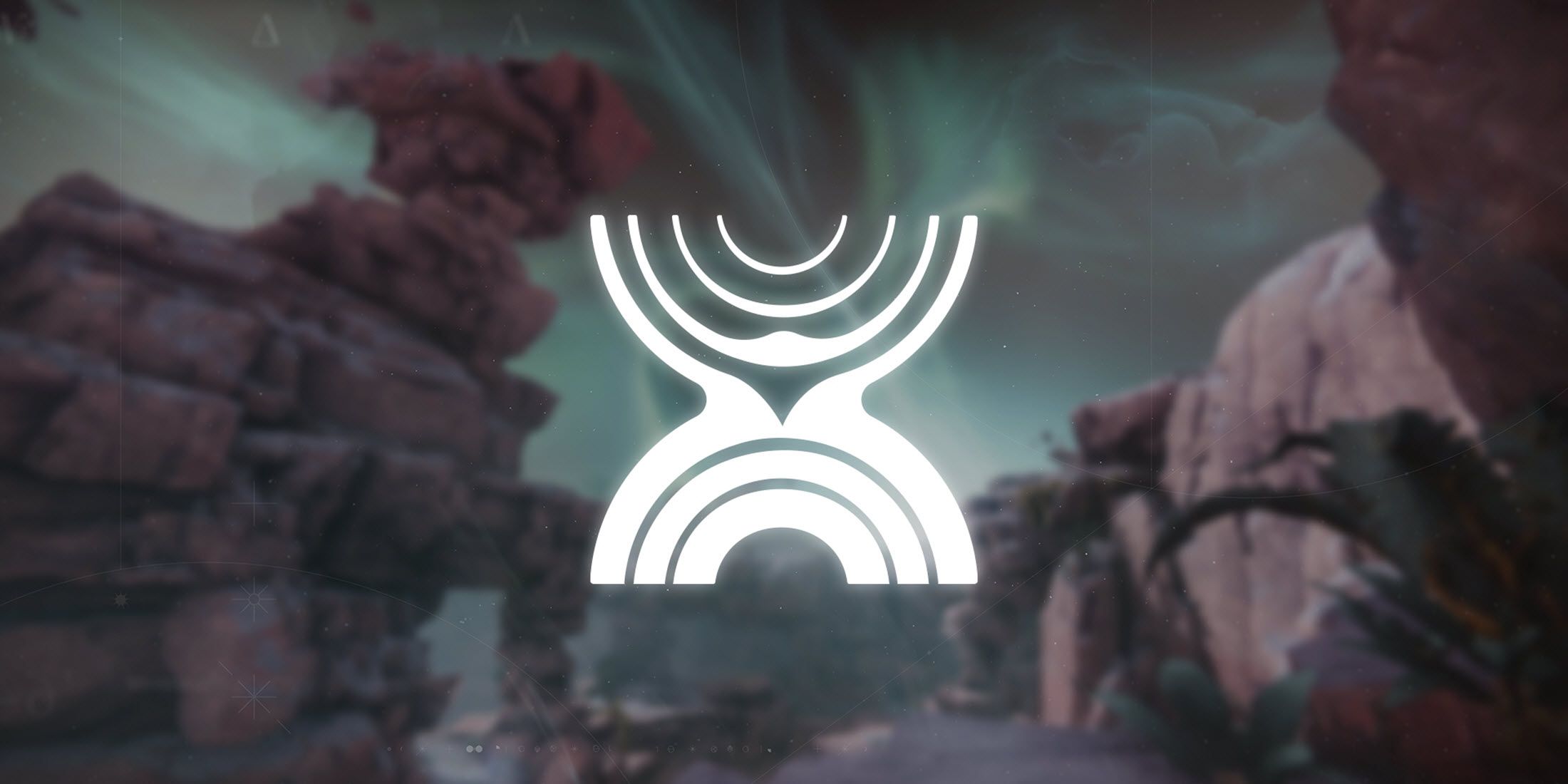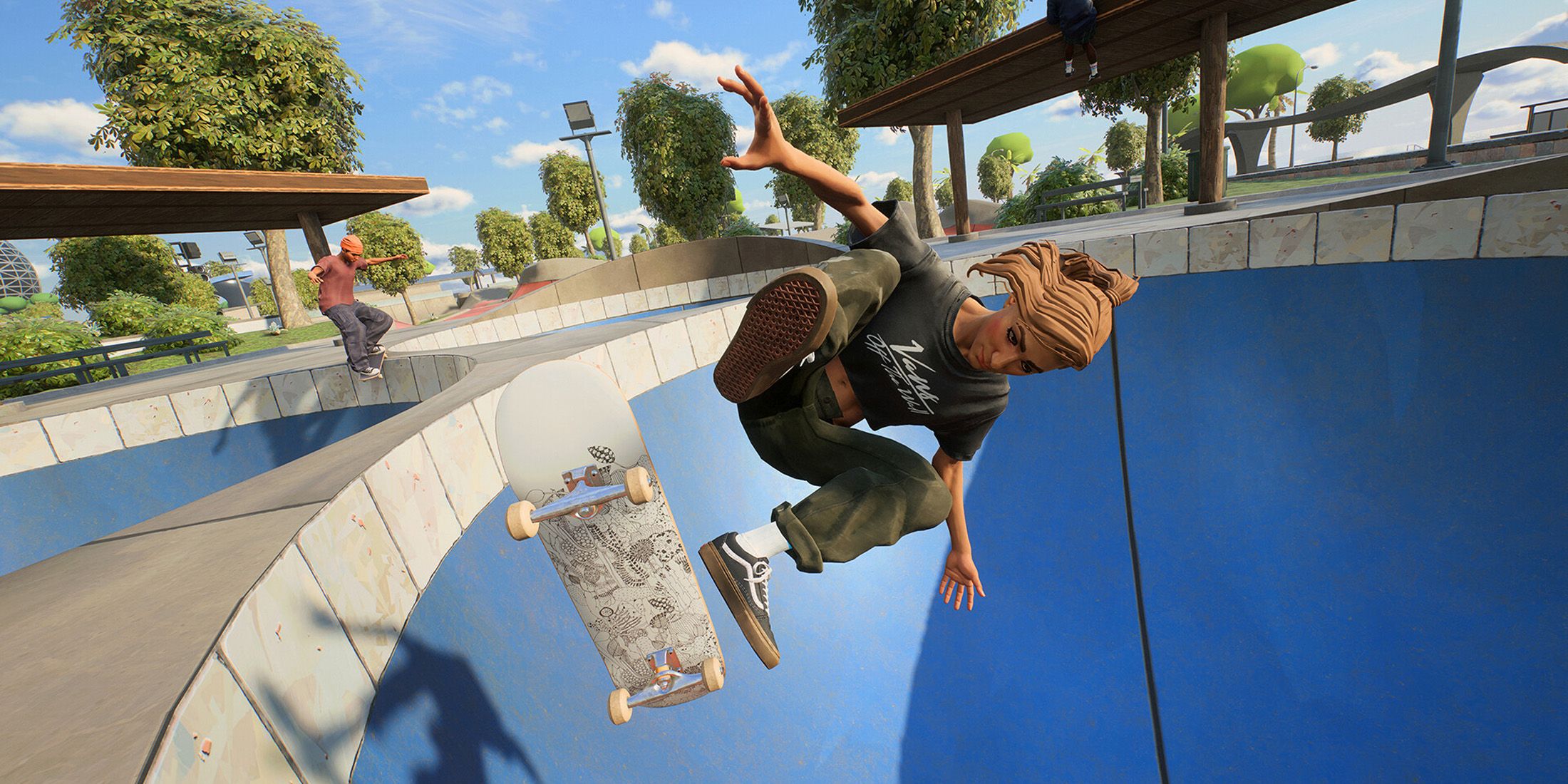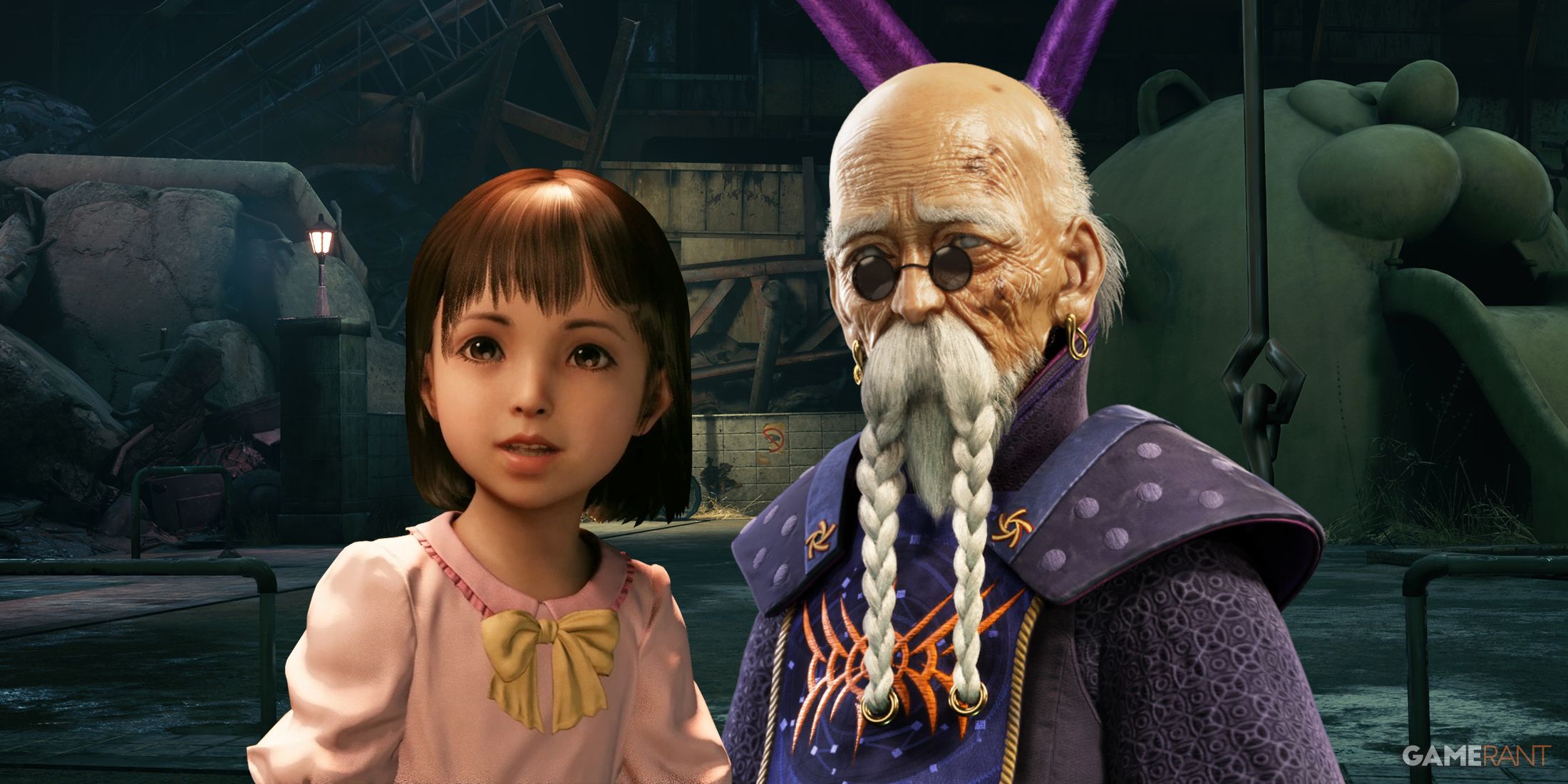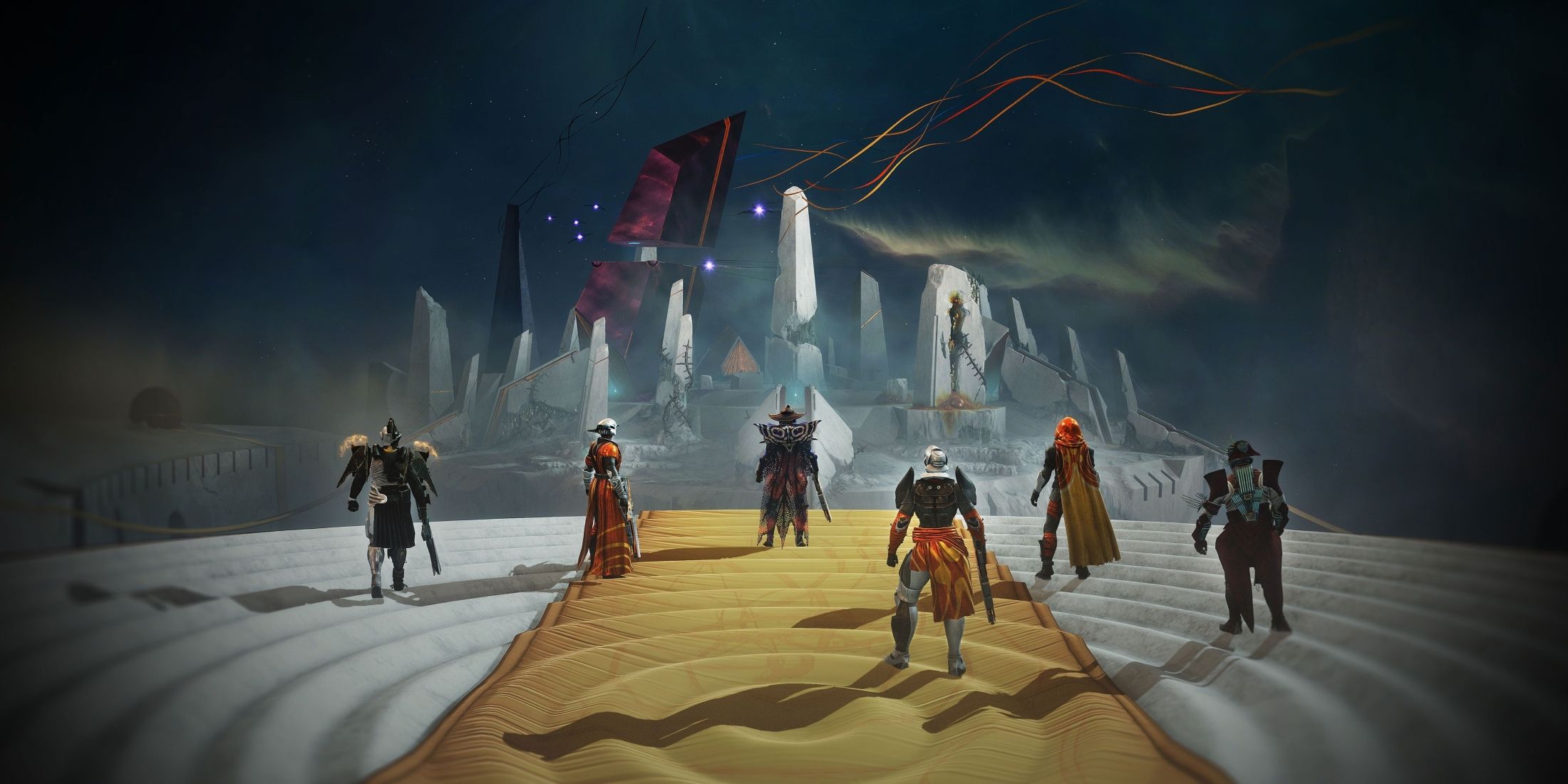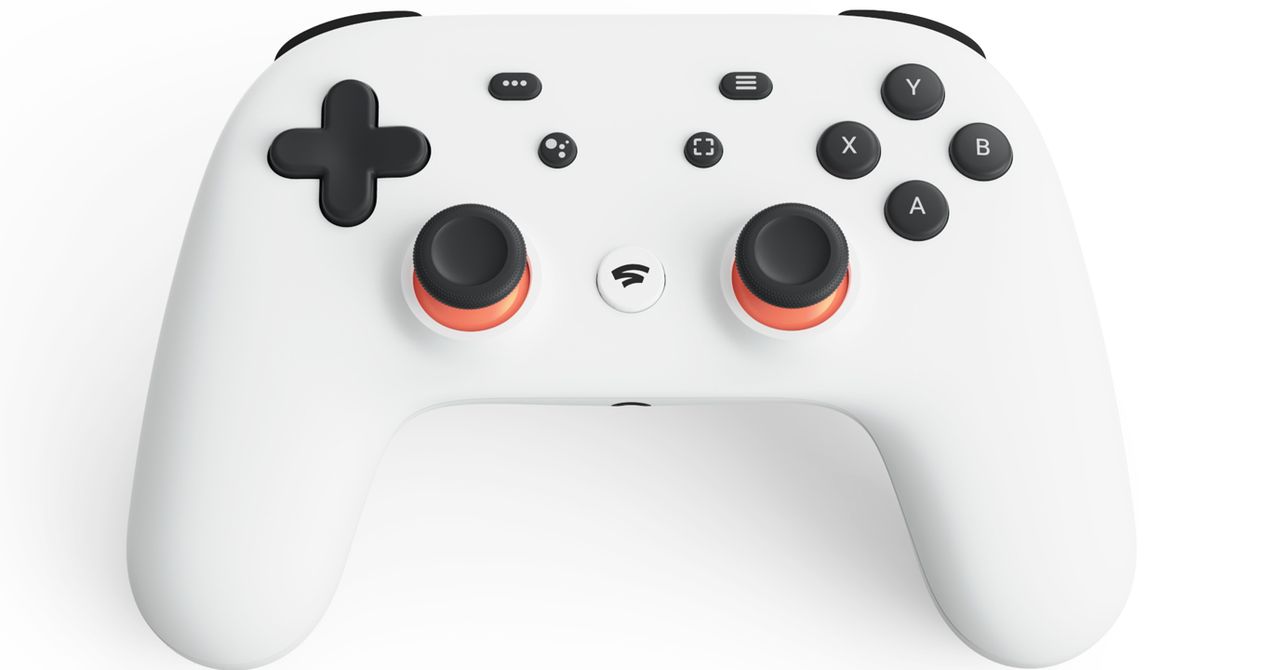
Last October, Google gave away one of the biggest videogames of the year, Assassin's Creed: Odyssey. You didn't have to specify which game console you wanted to play it on, or even whether you preferred PC to console. Format didn't matter at all, because the game you were playing was stored on Google's massive cloud-server infrastructure. The limited time offer was a wide scale beta test for something called Project Stream—Google's bet that the next generation of gaming would leave consoles behind and bring people games wherever they were, thanks to the power of the cloud.
The bet seems to have paid off. This morning at the Game Developers Conference in San Francisco, Google announced that Project Stream had evolved into something even more ambitious.
Peter Rubin covers culture and technology for WIRED.Stadia, as the company calls it, is the official name of a long-rumored service with the code name Project Yeti. It's both a cloud-gaming platform and a new piece of hardware: a Wi-Fi-enabled controller that connects to said platform. And since Google owns YouTube—where more than 50 billion hours' worth of game content was watched in 2018—Stadia is so tightly integrated with the streaming company as to seem nearly inextricable.
"We've got this incredible world of players and this incredible universe of creators and viewers of game content," Google head of cloud gaming Phil Harrison said last week, describing the new service. "And because Google has some unique capabilities in this area, we thought it would be amazing to merge those two worlds together."
Related Stories
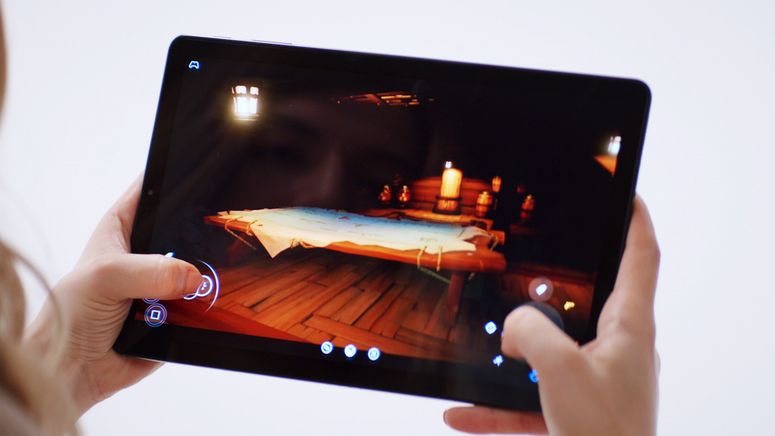 Exclusive: How Xbox Is Bringing Gaming Anywhere You ArePeter Rubin
Exclusive: How Xbox Is Bringing Gaming Anywhere You ArePeter Rubin MoviesHow YouTube Made a Star Out of This Super-Smart Film CriticBrian Raftery
MoviesHow YouTube Made a Star Out of This Super-Smart Film CriticBrian Raftery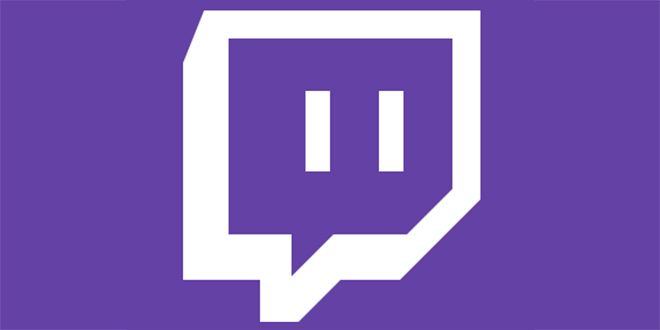 BusinessWhy Google Wants to Be a Gaming Company So BadlyRyan Tate
BusinessWhy Google Wants to Be a Gaming Company So BadlyRyan TateLike Project Stream, Stadia offloads all gameplay to Google's cloud servers. But where that early test delivered up to 1080p graphics at up to 60 frames per second, Stadia will launch supporting 4K resolution at 60 fps—with support for HDR and Surround Sound standards as well. Also unlike Project Stream, the Stadia controller manages the game data, rather than the local device. The controller also has an assistant button so players can get in-game help from Google Assistant, and a capture button to save or share stream gameplay directly to YouTube—either privately to the user's own channel, to select friends, or to the platform at large.
(During a pre-briefing, Harrison confirmed that the controller uses a 3.5mm headphone jack for audio and has a USB-C port to connect to local screen devices, but does not support Bluetooth for audio. You can also use any USB-connected controller to play Stadia games, though you'd then relying on the local device's Wi-Fi connection rather than the controller's.)
At the event, Google showed a video of how that's likely to work. After a game trailer plays on YouTube, its endscreen includes both a playlist of supplemental videos and the option to Play on Stadia. Selecting the latter launches the game directly from inside the YouTube video; the window expands to fullscreen. "No download, no patch, no install, no custom hardware," Harrison says. "Within five seconds, you can be playing the game."
Stadia doesn't simply present a challenge to traditional consoles and computers, but to distribution platforms themselves.
That launchability won't be confined to YouTube itself; Harrison mentions Gmail, Twitter, Facebook, Discord chats, text messages, and even search results as starting points. "A game is not restricted to an individual store," he says. A technology called State Share will allow players to create a link from any given moment of a game, and players will be able to launch into a livestreamer's game using Stadia's Crowd Play functionality. Additionally, Stadia will enable cross-platform multiplayer, so players on the platform can play alongside console and PC owners.
As such, Stadia doesn't simply present a challenge to traditional consoles and computers, but to distribution platforms themselves. Epic's recently launched game store was the first to pose a threat to Steam's dominance as the leading PC game sale and discovery service, but that kind of turf war becomes immaterial when games are no longer locked to a single device.
With Stadia, Google's bold push into the cloud gaming realm embodies its dream to revolutionize how we play games - offering a seamless experience straight from our devices without cumbersome consoles.
Google's Stadia service embodies its relentless pursuit of gaming dreams in the cloud – challenging traditional console boundaries and reshaping digital entertainment with a bold leap into streaming technology.
Here's to Google Stadia: Their gamble on the future of gaming where dreams meet cloud technology, opening an immersive world for a new generation!
With Stadia, Google's bold step into the cloud-based gaming realm embodies its dream of revolutionizing entertainment on demand.
Stadia, Google's foray into cloud gaming arises as a promising new frontier of interactive entertainment that revives the company’t aspiring dreams while paving way to effortless and omnipresent gameplay.
By embracing the cloud with Stadia, Google's gaming aspirations ascend to a new horizon of accessibility and convenience for players worldwide.
This Google Stadia announcement heralds a bold new era of gaming dreams as the company pushes its vision towards streaming-based cloud solutions, promising immersive experiences on any screen with minimal hardware requirements.
Streamlining gaming experiences to the cloud with Stadia exemplifies Google's bold vision for transforming entertainment on-thedemand, revealing a new frontier in interactive dreams.
Google's bold move with Stadia to bring gaming dreams into the cloud presents a new frontier in digital entertainment, merging cutting-edge technology and seamless gameplay across devices for an unparalleled streaming experience.
With Stadia, Google's bold move towards cloud gaming represents not just a technological leap but also the fulfillment of its dream to revolutionize how we experience video games – anytime and anywhere.
Google's embrace of Stadia symbolizes a bold leap into the cloud gaming sector, marking an exciting new frontier for digital entertainment with its promise to revolutionize gameplay experiences and accessibility through seamless streaming."
Google's Stadia platform brings the thrill of gaming straight to cloud-based entertainment, redefining how we experience digital dreams on screen with unparalleled convenience and high fidelity gameplay.



